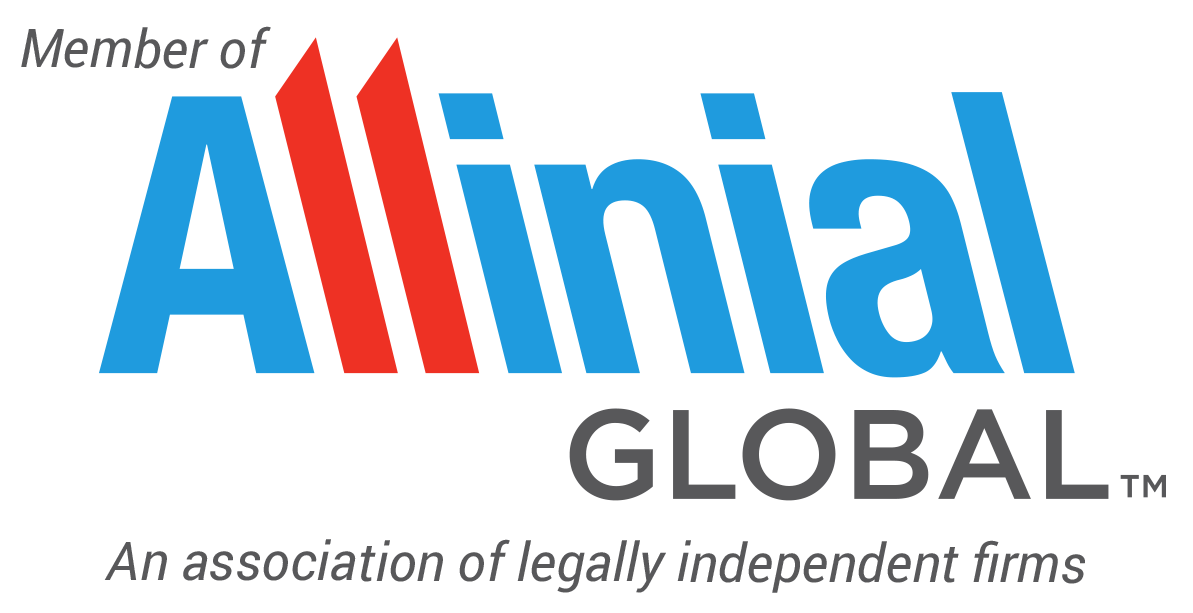Attention millennials: it’s tax time! Whether you are currently in college or busy establishing your career, I would venture to guess that taxes are starting to feel more complicated than before. Lots of tax forms, questions, and confused looks surface during tax season, but filing your return doesn’t have to be stressful. Get started on the right path with these simple steps.
Gather Your Documents
Start by getting all of your forms and tax information together as you receive them in the mail or in an email. Depending on the situation, you could have a wide variety of forms issued to you. Here are a few common ones to be on the lookout for:
- Form W-2 Wage and Tax Statement – Employers issue W-2s for all employees. If you had more than one job during 2016, you will receive a W-2 from each employer.
- Form 1099 Miscellaneous Income – This is a report showing how much you made if you are self-employed.
- Form 1098-T Tuition Statement- If you are in college, expect to receive a tuition statement. This is what you will use to decide if you can take any education credits.
- Form 1098-E Student Loan Interest Statement – If you are currently paying back your student loans, you should have a student loan interest form.
- Form 1098 Mortgage Interest Statement – If you are a homeowner, locate your mortgage interest statement to see what deductions you may be able to take.
Know Your Due Date
Individual tax returns (and tax return extensions) for the 2016 tax year are due on April 18, 2017.
If you were expecting the deadline to be on April 15, you’re right…kind of. Individual tax returns are due on April 15. Since April 15 falls on a Saturday this year, the due date defaults to the following Monday. However, Monday, April 17th this year is Emancipation Day, which is a legal holiday in Washington DC. So, the due date got moved one more day, and that’s how we ended up with an April 18th deadline this year. So, now you have a few extra days to wrap up your taxes.
And just in case you need an added bonus to remember April 18 – lots of restaurants offer freebies on tax deadline day to spread some cheer for those that had to write a last minute check to the IRS. Be on the lookout for those goodies!
Professional Help or Do It Yourself?
When it’s time to prepare the tax return, it’s important to weigh the options as “more help” often means “more money.”
- You can prepare your own tax return through online options.
- You can also purchase software subscriptions (like Turbo Tax, H&R Block, etc.) that allow you to prepare your own tax return with some guidance from the program.
- You can seek help from a professional, and the tax practitioner will prepare your tax return for you.
Be sure to consider how difficult your tax situation is. If you are single and only have a W-2, preparing your tax return yourself shouldn’t be too complicated, so using software could be a great (aka “financially friendly”) option. As life happens (marriage, kids, moving, new job, new house, starting a business, greater investments, etc.), your tax situation may get more complicated. As the difficulty level rises, contacting a tax professional might be an appropriate (aka “financially friendly, time friendly, sanity friendly and business-savvy “) option. There’s a level of comfort in knowing that an expert is handling your tax return for you.
I Owe Money?!?!
I hate to be the bearer of bad news, but you might owe taxes. I’m sorry – just keeping it real! If you do owe the IRS, remember that you have until April 18 to make the payment even if you file your tax return in advance. Payment plans and installment agreements can also be set up with the IRS if the tax bill is a little too much for you to pay in a single payment. Even if you can’t pay the tax bill, be sure to still file your tax return. Typically the failure-to-file penalty is 10 times harsher than the failure-to-pay penalty.
Save a Copy for your Files
After your tax return is prepared, make sure you save a copy for yourself along with your tax documents. Certain software doesn’t save your tax return indefinitely, so it is always best to save a copy in your personal files. Typically, you want to keep your tax documents for seven years. Why does it matter? You will need your tax information when financing a house, applying for a loan or filling out your Free Application for Federal Student Aid (FAFSA). Keep a copy in a safe place to avoid a headache down the road.
Use Your Tax Return to Plan for Next Year
Once your tax return is filed, people typically plan on not having to worry about taxes until next year. However, while your taxes are fresh on your mind, use your 2016 tax return to plan for the 2017 tax year. For example, if you owed the IRS this year, consider whether or not you should increase your withholding this year. If you are self-employed, make sure you are making estimated tax payments to avoid a large tax bill in April.
I know paying taxes isn’t exactly anyone’s favorite pastime, but it comes with the territory of being financially responsible. With any luck, you will find out you are getting a refund this year, and that makes the whole process a little bit sweeter.
Happy tax season!
Amy
